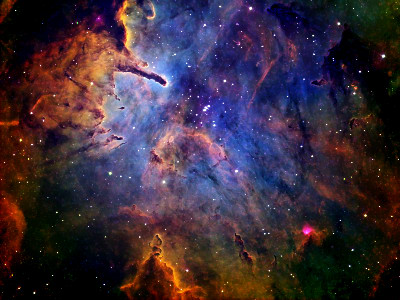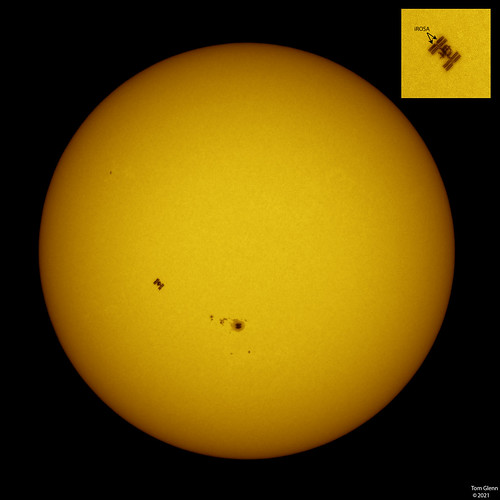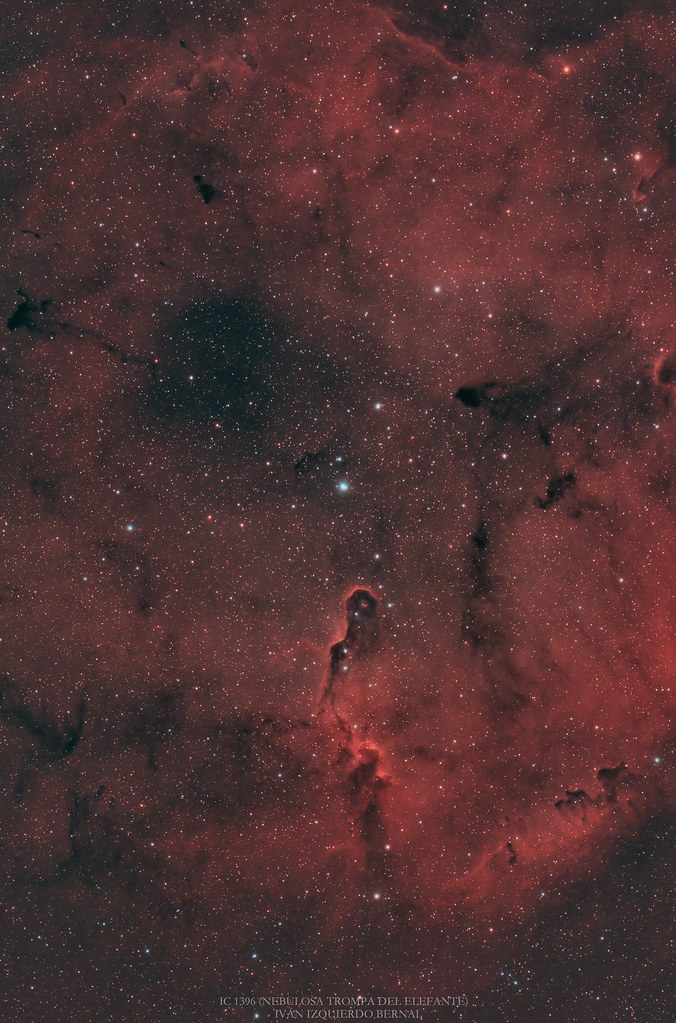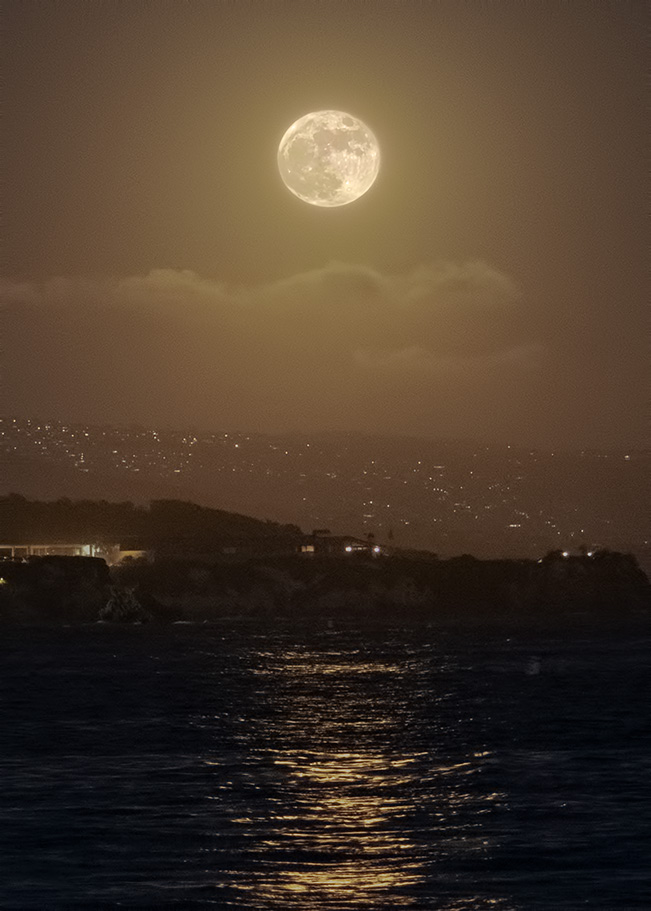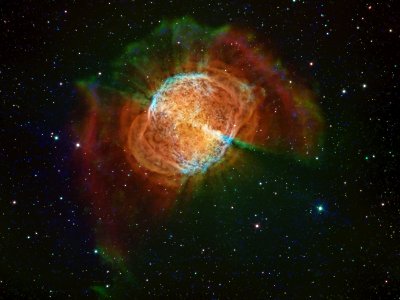Attached is a photo of the Sun's Perihelion to Aphelion for 2021.
It took me about 6 months to complete this project.
Location details:
Perihelion: Las Vegas, Nevada
Aphelion: Oceanside, California
Date/Time:
Perihelion: Jan 2nd, 2021 @ 0844
Aphelion: July 5th, 2021 @ 1412
Equipment:
Telescope: Coronado Solarmax III Double Stack
Mount: iOptron CEM60
Camera: ZWO ASI 174MM
Image acquisition and processing:
I used sharpcap to acquire videos of the sun on both days.
I ran both programs through AutoStakerrt3! and stacked the 100 best frames for each. I loaded each file into ImPPG and processed them to my liking. I then loaded them up into photoshop to blend the two images together.
You have my permission to use this wherever you want.
If selected please link to this:
https://www.instagram.com/bryangoffphoto/
Thank you for your consideration,
Bryan
